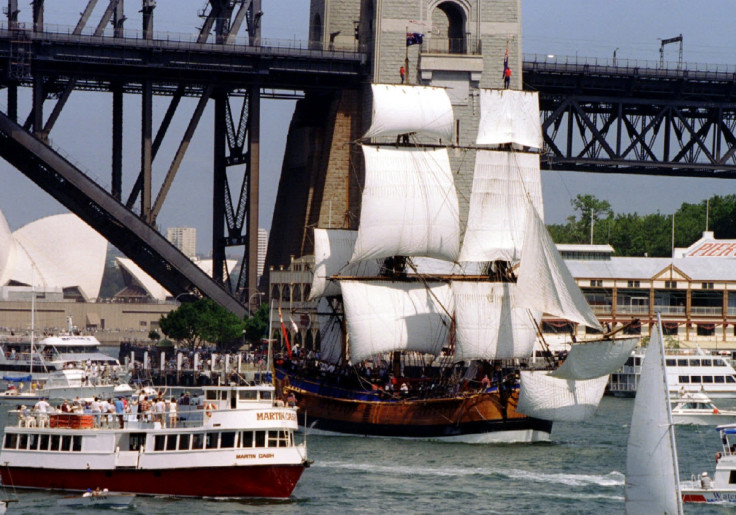British explorer James Cook 'invaded' Australia says University of New South Wales

Is the University of New South Wales rewriting history or is it just trying to be politically correct? Neither, it says.
The university has described British explorer James Cook's arrival in Sydney as an 'invasion' rather than a 'settlement'. In its indigenous terminology guide, the university says that Australia was "invaded, occupied and colonised."
The university denied that it was rewriting history to be politically correct but said that it was looking at the arrival of the British from the viewpoint of Australians. "Describing the arrival of the Europeans as a 'settlement' attempts to view Australian history from the shores of England rather than the shores of Australia," the guide said.
That is not all that is being rewritten. Instead of going with commonly used Captain Cook 'discovering' Australia, the university described Captain Cook as the first Englishman to map the continent's east coast. This is "more appropriate", it said. The university also said that it was more appropriate to describe the arrival of British ships in Australia by using terms other than "settlement."
It based it on the fact that Aboriginal and Torres Strait Islander people were in Australia long before the arrival of Captain Cook, making it impossible for him to "discover" the country. "Most Aboriginal people find the use of the word 'discovery' offensive," it added.
The university also advises students against using the term 'Aborigines' and instead to use 'Aboriginal people.' They have also been told to avoid saying that the Aboriginal people have lived in Australia for 40,000 years, which it says is a claim that "puts a limit on the occupation of Australia."
University denies dictating use of language
The university insisted that it was not dictating what language could be used by students. It however offers a range of examples of more appropriate and less appropriate language.
It also rejected the notion that the guide would stifle open debate. It said students were always encouraged to form their own opinions.
"Terminology guides such as this are commonplace across universities and many public sector organisations and it is absolutely appropriate for students and staff to have such a resource available," it added.
Indigenous historian Jackie Huggins told the Australian Broadcasting Corporation: "We know this country has a colonial history and that has certainly been characterised by a devastating land dispossession, violence and unapologetic racism as well. We cannot deny our history. It's a history that's never fully been taught to us in our country."
Similarly, Sarah Maddison, a political scientist at Melbourne University said that it was plainly "nonsense" to say that Captain Cook discovered Australia. "He wasn't even the first white person here. There were at least a dozen Dutch explorers here before Captain Cook arrived," she told SBS News.
The guidelines sparked outrage in Australia after it made the headlines of Sydney's Daily Telegraph, which accused the university of rewriting history and seeking to "scrub out" Captain Cook's contribution to Australia. Alan Jones, a right-wing radio host, attacked the guidelines as politically correct "rubbish."
© Copyright IBTimes 2024. All rights reserved.






